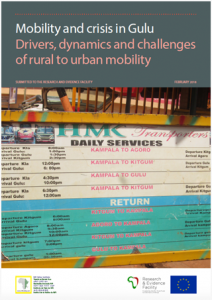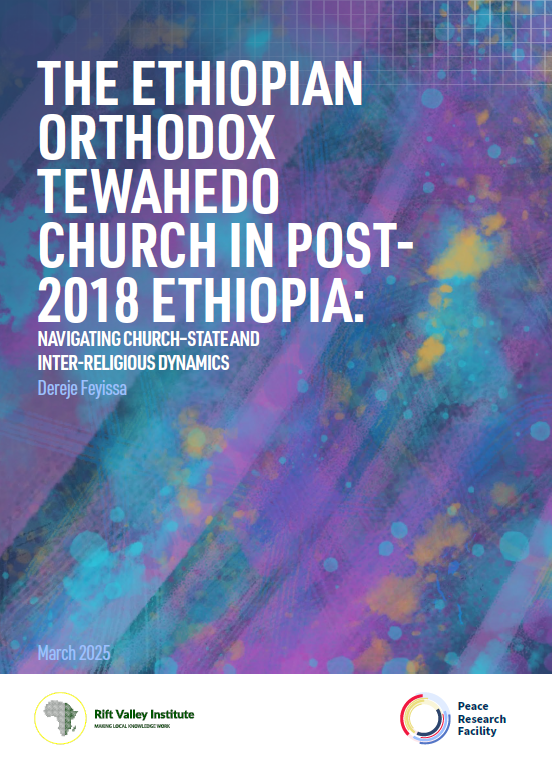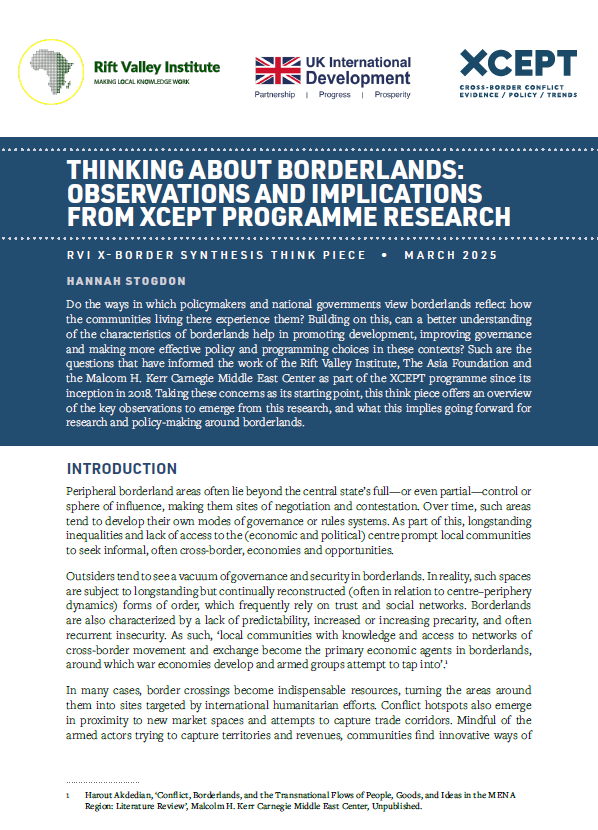The Rift Valley Institute’s Rural to urban mobility project aims to better understand the dynamics of rural to urban migration and the ways in which this phenomenon impacts the social and infrastructural fabric of cities in East Africa. It is conducted within the framework of the Research and Evidence Facility on Migration in the Horn of Africa, supported by the EU Trust Fund. It is carried out in three secondary cities in East Africa: Dire Dawa, Ethiopia; Gulu, Uganda; and Eldoret, Kenya. Although secondary cities have witnessed tremendous growth in the past few decades, playing an important role between rural and urban areas, most research on rural to urban migration is conducted in capital cities. Hence, a study of migration to secondary cities is particularly relevant and timely.
Historically, Gulu is a place of mixed opportunities. In the 1980s and 1990s, Gulu hosted many internally displaced persons (IDPs) fleeing the Lord’s Resistance Army (LRA) conflict in northern Uganda. When the conflict came to an end in 2006, the municipality quickly became a migrant destination because of the security it provided and the economic opportunities available in the post-conflict period. When conflict broke out in South Sudan in 2013, Gulu again became an important destination for refugees fleeing the conflict and entrepreneurs.
Increasing population movement to Gulu Municipality, however, poses several challenges to urban planning. Inadequate social services to meet the demands of the growing population, environmental degradation, poor refuse management, the HIV/AIDS epidemic, high levels of illiteracy and crime are some of the challenges Gulu Municipality currently faces. Moreover, the growing population is not matched by a growing municipal budget. Although the growth of business has boosted local revenues, the impact has been limited due to the fact that the majority of migrants work in the informal sector, which is difficult to regulate and tax. Thus, while municipality officials are enthusiastic about growth, several issues need to be addressed to make Gulu a viable secondary city in Uganda.



